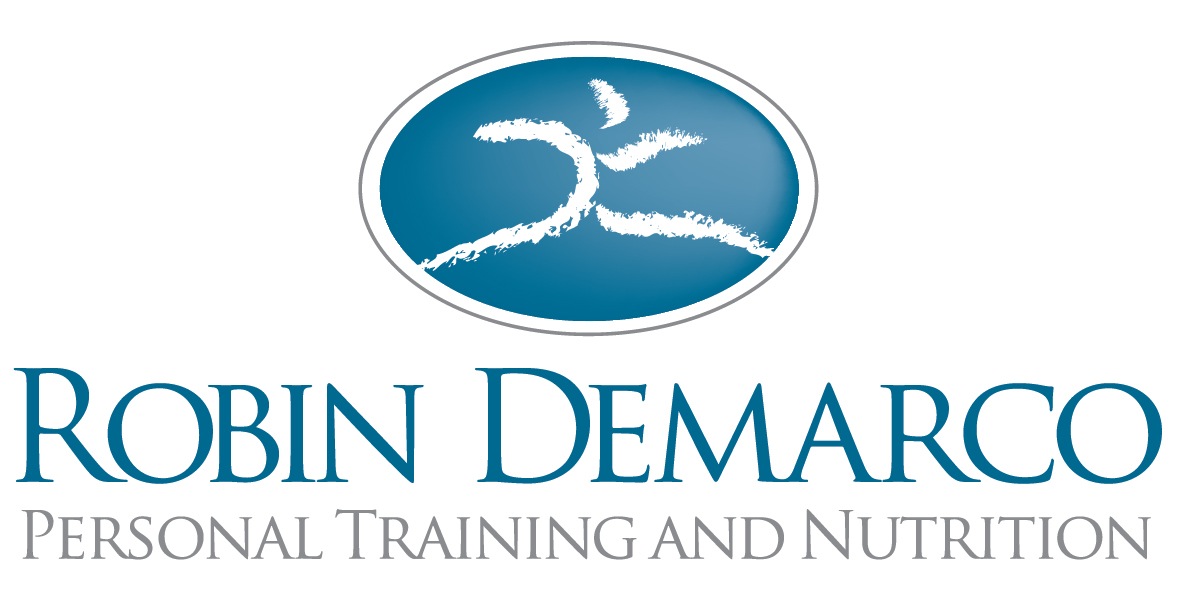You're working out, losing weight and starting to feel great. You're getting stronger and think to yourself, "If I exercise even more, than I'll lose even more." Seems to make sense. But for some reason, you're weight loss has stopped. In fact you might be (say it isn't so) gaining weight! How is that possible? So you work out even harder to make the stubborn fat come off. Unfortunately, all your hard work is doing nothing but leaving you drained, more hungry, cranky and even sick. Welcome to the world of OVERTRAINING.
As a fitness nut I have found myself in this predicament too many times to count. I loved the way exercise made me feel and used to feel guilty if I took rest days. But I got fed up with living at the gym and dealing with physical hunger that couldn't be satiated. So I educated myself and learned that when it comes to exercise, more is not better.
If you work out too hard or train every day, you can easily over train your body. Overtraining is counterproductive. Why? When you overtrain your body is in a constant state of stress. Because of this, your body releases cortisol. Cortisol does many horrible things to the body. It suppresses your immune system, breaks down your muscles and bones, accelerates brain aging, and INCREASES fat storage! What's more is that it increases hunger. This means you're doing tons of exercise for nothing. You stop gaining strength and easily lose muscle and gain fat. Your body becomes stressed and weak.
The following are common symptoms of Overtraining:
* You are hungry all the time
* You crave sweets
* You feel overly tired an sleepy
* You have trouble going to sleep/ or have disrupted sleep
* You are quick to anger or get upset
* You are constantly thirsty
* You lose motivation to work out
* Your strength decreases
* You find yourself run down and sick
* You easily suffer injuries
* Your body fat percentage increases
The problem with overtraining is that it sneaks up on you. You can be going along with an intense workout routine for awhile (say a month) and then all of a sudden you start gaining weight and feeling like crap. That is why monitoring your workouts are vital. If you do not take proper rest days, trust me, it will catch up to you. And at that point you will be forced to take 1-2 weeks completely off before you're well again. Or worse, you may have caused an injury and require months of recovery.
PREVENTION
This is a good guide to how much/hard you should exercise to get maximum results and not overtrain.
* Don't workout every day! You should take 2 days off per week to rest. No, you don't have to be a couch potato on those days. You can do "active rest" activities like a brisk walk, gardening, house cleaning
* Alternate intense workouts with easier ones--don't push yourself to the max everyday
* Cross train--give your joints and muscles a rest by not doing the same exercise day in and day out. Use a variety of equipment like the treadmill, stairmaster, elliptical, free weights, balance balls, etc.
* Keep workouts to 1 hour maximum (the body starts to rapidly produce cortisol after an hour of intense exercise)
* Get 8 hours of sleep every night
* If possible, do other cortisol reducing activities such as meditation & yoga
If you have a trainer make sure they are knowledgeable and understand the real risks of overtraining. I know that people see "The Biggest Loser" and think that it's the way to lose weight. But don't forget, those folks are only on this very intense routine for a limited time. And even still, what they're doing is very dangerous. (It's no wonder one of the contestants passed out and was rushed to a hospital this past season)
All that being said it's still important to exercise. But keep it to five days a week, mix it up, get proper rest and nutrients, and listen to yourself when you're feeling run down. You've only got one body so please take care of it! Exercise does not need to take over your life. With like everything else, moderation is key.
